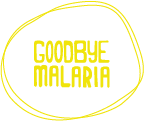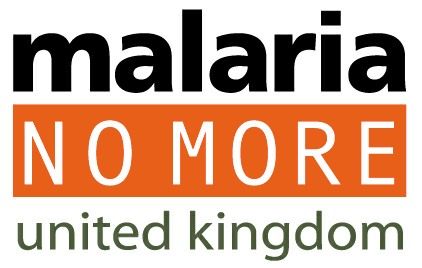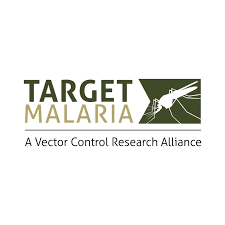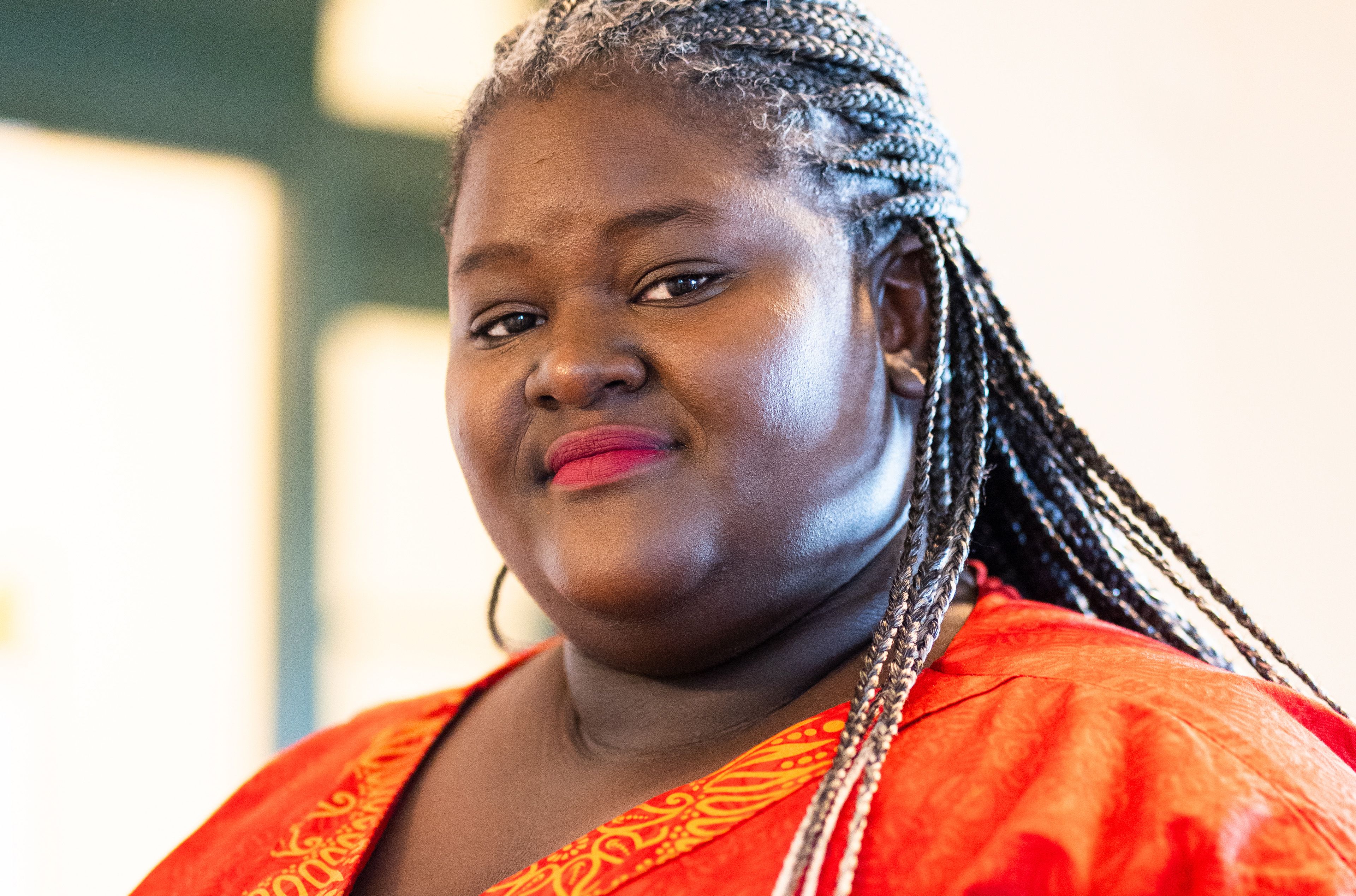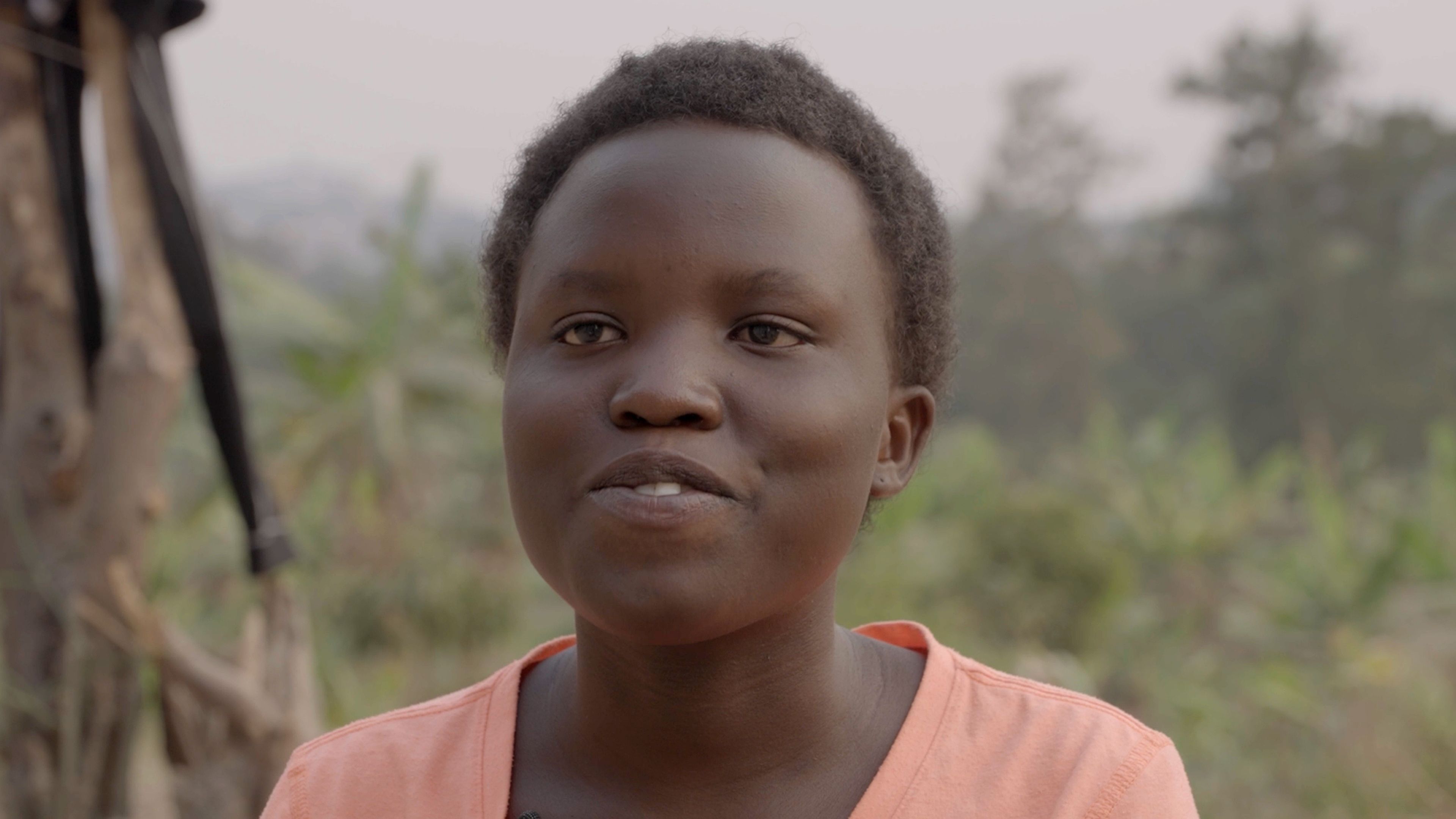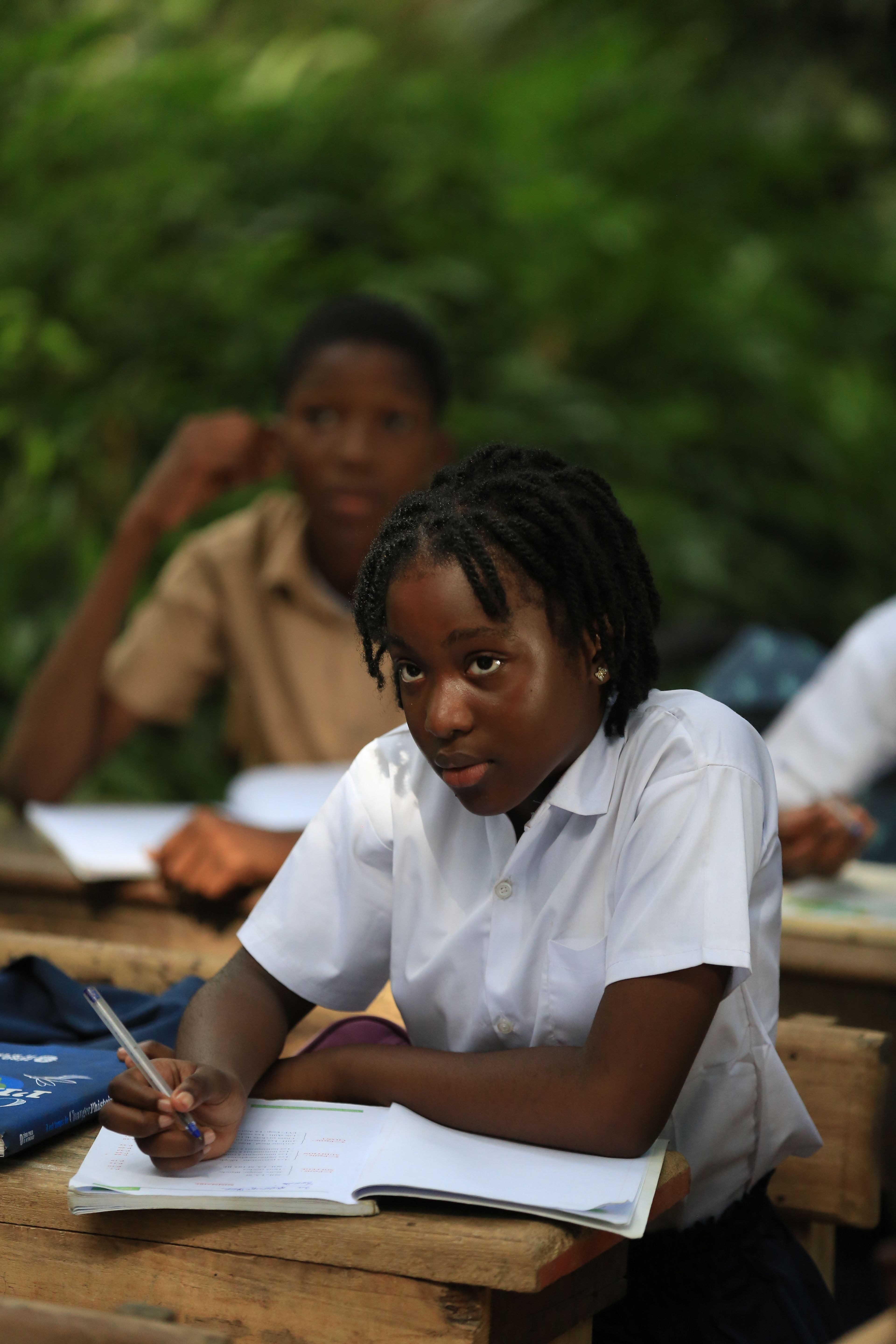
Gloria and Rosa’s story
Mozambique
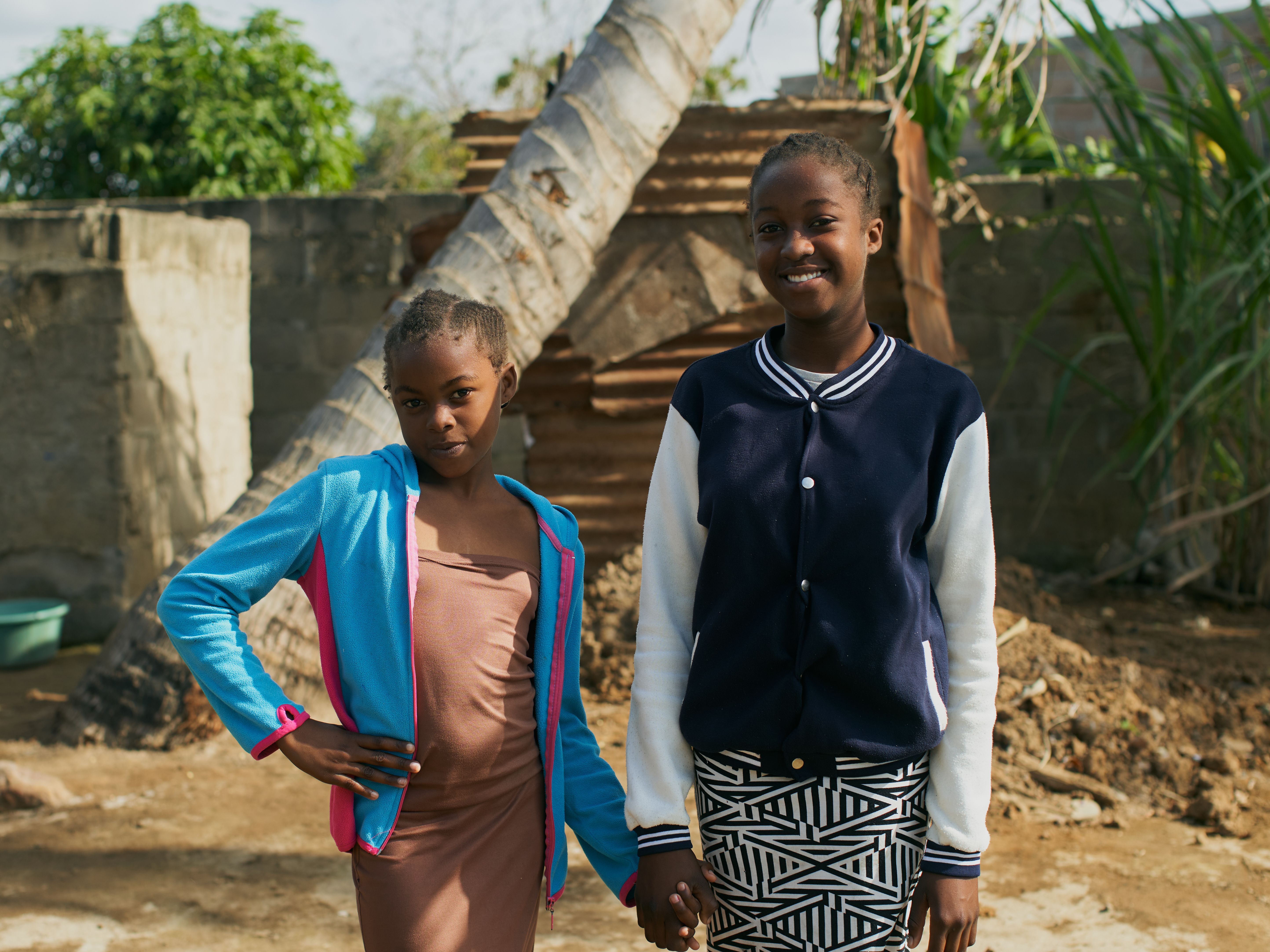
Gloria, ten, lives in Boane, Mozambique with her parents, seventeen-year-old brother, and fourteen-year-old sister. When the cyclone hit their village, Gloria remembers being woken up by her father as heavy rains began.
“When we left the house, the water level was up to our necks,” says Gloria, “when that happened, I was scared.” Her father gathered the family, and they headed for higher ground – to her grandparents’ house. It was packed with aunts, uncles and cousins, all looking for a safe place to sleep.
A month passed before the family could return to their home. “It was full of water,” says Gloria. The house was in ruins and many valuable and personal items were missing. “A doll was lost that my father gave me for my birthday,” she says, “I was sad.”
Their mosquito net was gone, carried away by the flood – and the lingering water had created a perfect environment for mosquitoes to breed and spread malaria.
Not long after returning home, Gloria remembers the headaches and pains and having to go to hospital. “The place was flooded by water. It's then that I got malaria.”
Malaria cases in the area increased after the floods, and families are still dealing with the debilitating and deadly disease regularly, putting pressure on already struggling health services. “There’ were shortages of medicines due to the increase in malaria cases, s,” says Isaura, “We have to go to several hospitals to find medication.”
A year after the cyclone, the family are still rebuilding what they have lost. “We used to have trees that were producing fruit for us, and shade,” says Isaura. “Every time it floods, we have to start from zero again.” Isaura says her community is facing increasingly extreme weather. “Previously when it rained it was useful for agriculture. Now, when it rains, it pours. It seems like it rains for destruction.”
Malaria programmes must receive more funding to stay resilient in the face of extreme weather events. Isaura says people need to be provided with more mosquito nets and more medication to fight malaria. “We really need mosquito nets. Because of the floods, they got really dirty. The mud destroyed them.”
“Malaria kills,” she says, “We want to have it eliminated at once. It kills. We need more prevention measures.”
As a mother, Isaura believes it’s important to listen to children’s experiences with malaria. “Their experience can help other children, so they know how to protect themselves,” she says. “Only someone who has had it can explain what it feels like.”


